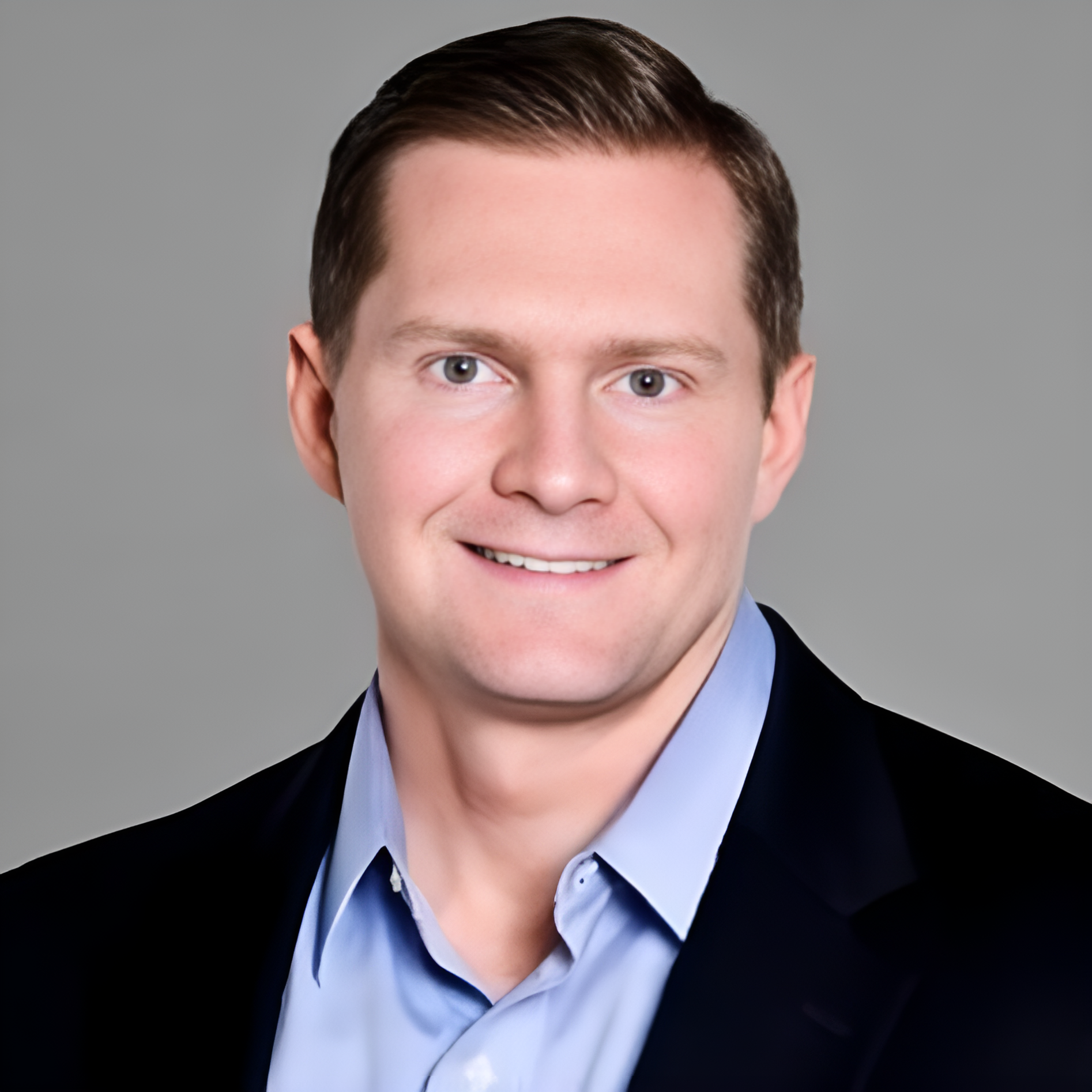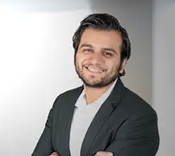How Trinity Built a 4,000 HNWI Investor Base
Jay Fuquay of Trinity Investors shares how they built a 4,000-person HNWI database and what traits define top-performing independent sponsors.


Jay Fuquay is well-versed in the independent sponsor ecosystem. Where most independent sponsors haven’t been around long enough to see a full investment cycle (5+ years), Trinity has seen several since its formal establishment in 2006.

Over the years, Trinity Investors has built an impressive database of retail investors. Trinity maintains a database of 4,000 active high net worth individuals - “millionaires next door.” Their affinity for retail is strategic; there’s an “infinite” number of prospective investors, they tend to be low maintenance, and they are willing to pay higher fees for access to alternative assets.
There’s no secret sauce or magic fairy dust. It really is one investor at a time that you earn through trust and good outcomes. We have a pretty defined swim lane, or strike zone, which is that this individual can put something like $100,000 into a private deal and not worry about liquidity.
A serial attendee at the annual McGuire Woods Independent Sponsor Conference, Jay has developed strong opinions on what constitutes the perfect independent sponsor. In this episode, he outlines four characteristics that they like to see in sponsors that they back:
- A sizeable team, defined by the number of senior partners, at least 3.
- Multiple deals in the portfolio, showing that the team gels and model is working.
- A strong track record, ideally with successful exits.
- Specialization, for instance through deep vertical industry expertise.

On track record, Jay explains that Trinity does an “attribution analysis.” A strong return is good, but less so if it was all market-based and exogenous. It’s a stronger story when returns can be attributed to strategic initiatives and operational excellency driven by the independent sponsor.
On the evolution of the independent sponsor space, Jay predicts that it will be harder to find deals, but easier to get deals done. He warns against independent sponsors who just want to get a deal on the scoreboard, saying they throw stuff at the wall and hope it sticks so that they can collect management fees.
Listen for Jay's take on how to build an investor list, what makes for the perfect independent sponsor, and the general evolution of the IS ecosystem.
More recent episodes

Family Offices + Independent Sponsors = Strong Match
James Bohannon of Belzberg & Co explains how family offices evaluate independent sponsors, the power dynamics of LP relationships, and why choosing the right capital partner matters more than closing any deal.

The 16-Year Path to a $175m Revenue Portfolio
Michael Healy founded Gardner Standard in 2010, building a unique independent sponsor strategy focused on legally complex deals like bankruptcies and distressed situations.

Axial's Lessons From 10,000 Lower-Middle Market Deals
Peter Lehrman of Axial shares tactical insights on how independent sponsors source, win, and fund deals in the lower-middle-market M&A space.